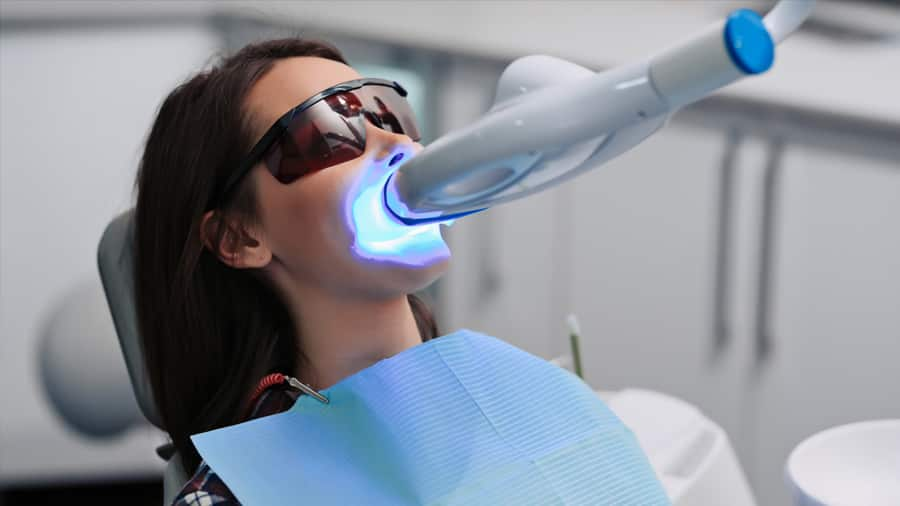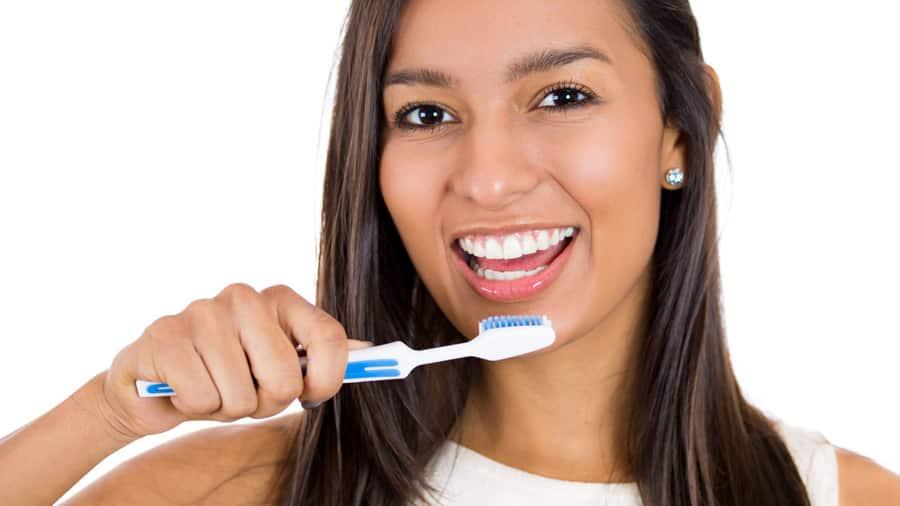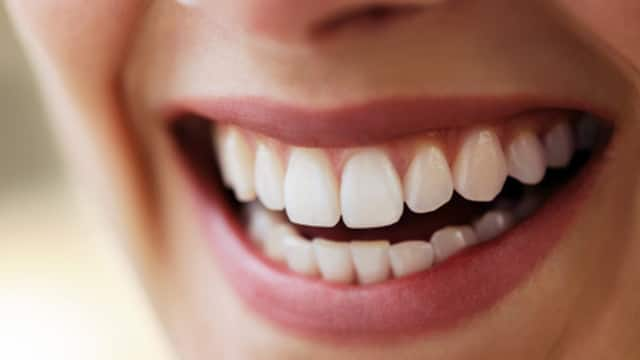-
-

TEETH WHITENING
What Is Stannous Fluoride Toothpaste?Stannous fluoride toothpaste helps prevent cavities, reduce sensitivity, fight plaque, and support daily gum and enamel health.

Selecting Dental Products
Best Toothpaste in India: Five Dentist-Recommended TypesToothpastes today are formulated to meet your every dental need and come in many flavours. Have your dental professional suggest the best toothpaste in India.
-
Science & Innovation
- ORAL HEALTH CHECK
- PRODUCT MATCH
- Colgate® | Toothpaste, Toothbrushes & Oral Care Resources
- Oral Health
- Teeth Whitening
- Does Charcoal Toothpaste Whitening Work?


If you regularly scroll through social media posts, you've probably come across a photo or two of a smiling mouth with teeth that are covered in what looks like a black foam.Charcoal toothpasteis a hot topic, and it might have you wondering if you should trade in your regular toothpaste for a tube of black paste. But does charcoal teeth whitening work?
What's in Charcoal Toothpaste?
As you might guess, a key ingredient in charcoal toothpaste is charcoal. It's not the same charcoal you'd find in an artist's toolbox or in a bag of briquettes meant for the grill, though. The charcoal used in toothpaste is what's known as activated charcoal.
According to a research study published in the International Journal of Engineering Research & Technology (IJERT), raw materials used in production of activated carbon includes Olive tree wood, Almond, tree pruning, Corncob, Coconut shells, Sawdust, Rice husk. The big difference between the two is that during production, activated charcoal is exposed to a special gas that causes it to develop large pores or spaces. Those large pores make the charcoal more absorbent, allowing it to soak up a variety of substances.
Beyond the activated charcoal, there could be any number of other ingredients in charcoal toothpaste. You might find mint flavouring, coconut oil or baking soda in a toothpaste with charcoal. Some do not contain fluoride, but some do. Others aren't even in toothpaste form, but come as tablets or powder.
Achieve the radiant smile that you want with our best teeth whitening toothpaste collection!
Does Charcoal Whiten Teeth?
Activated charcoal's claim to fame is that it can absorb chemicals; however, it's unclear if the toothpaste absorbs stains from the teeth's enamel or if it just scrubs the teeth's surface. Ultimately, the jury is still out on the effectiveness of charcoal teeth whitening. A study published in the Journal of the American Dental Association explains that more studies need to be conducted on the subject.
Is Charcoal an Option for You?
The type of tooth discolouration you have may influence the type of whitening treatment that will be most effective. For some people, a whitening toothpaste might be all they need to get rid of surface stains and brighten their teeth. Social media makes it easy for certain ingredients to get crowned the next big thing in oral care. Above all, if you're looking to experiment, make sure that you select a trusted brand before you buy a tube of black toothpaste.
This article is intended to promote understanding of and knowledge about general oral health topics. It is not intended to be a substitute for professional advice, diagnosis or treatment. Always seek the advice of your dentist or other qualified healthcare provider with any questions you may have regarding a medical condition or treatment.
ORAL HEALTH QUIZ
What's behind your smile?
Take our Oral Health assessment to get the most from your oral care routine
2.3 billion
people worldwide suffer from tooth decay
ORAL HEALTH QUIZ
What's behind your smile?
Take our Oral Health assessment to get the most from your oral care routine
2.3 billion
people worldwide suffer from tooth decay
Related Products

Helping dental professionals
More professionals across the world trust Colgate. Find resources, products, and information to give your patients a healthier future










